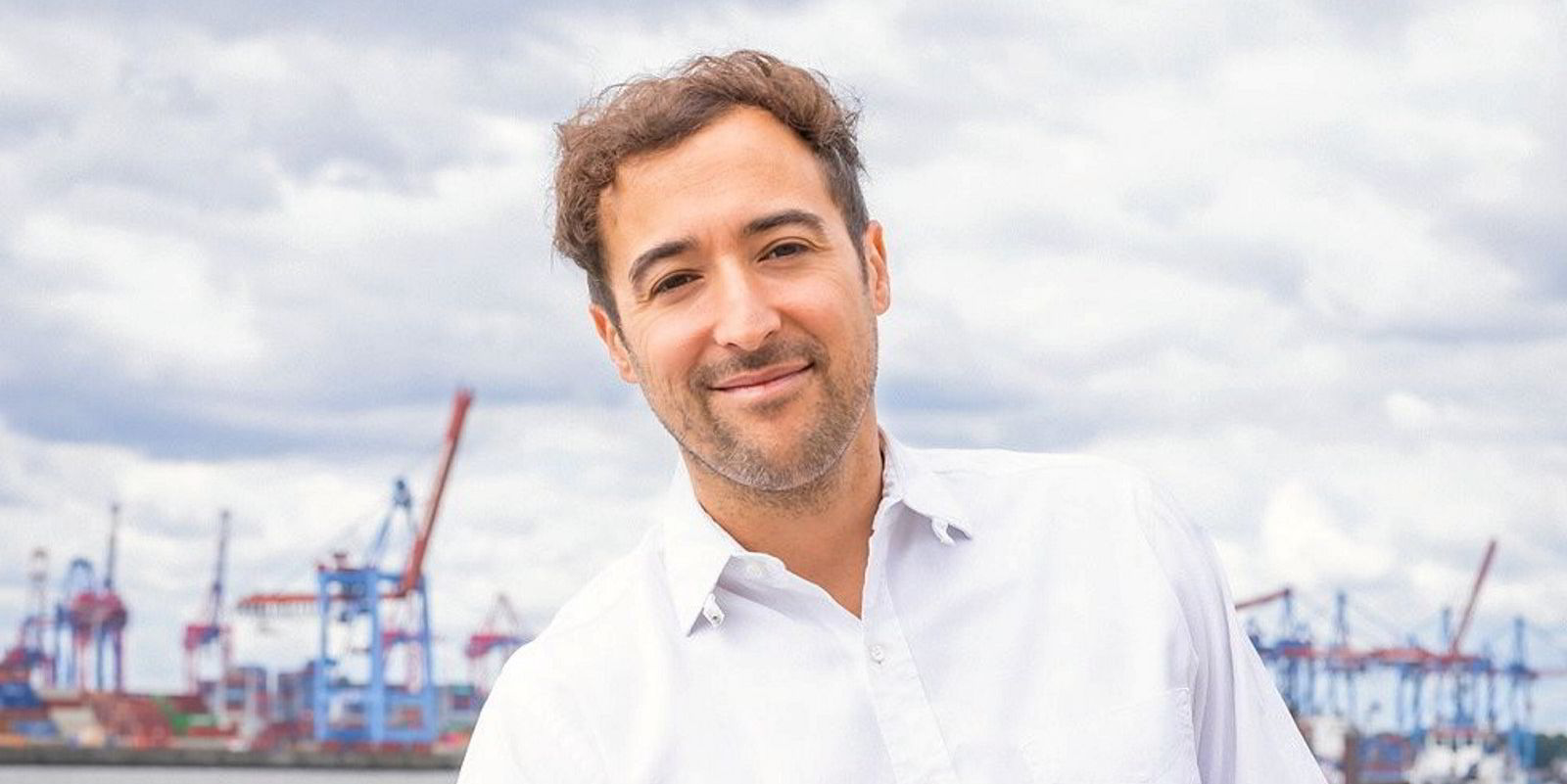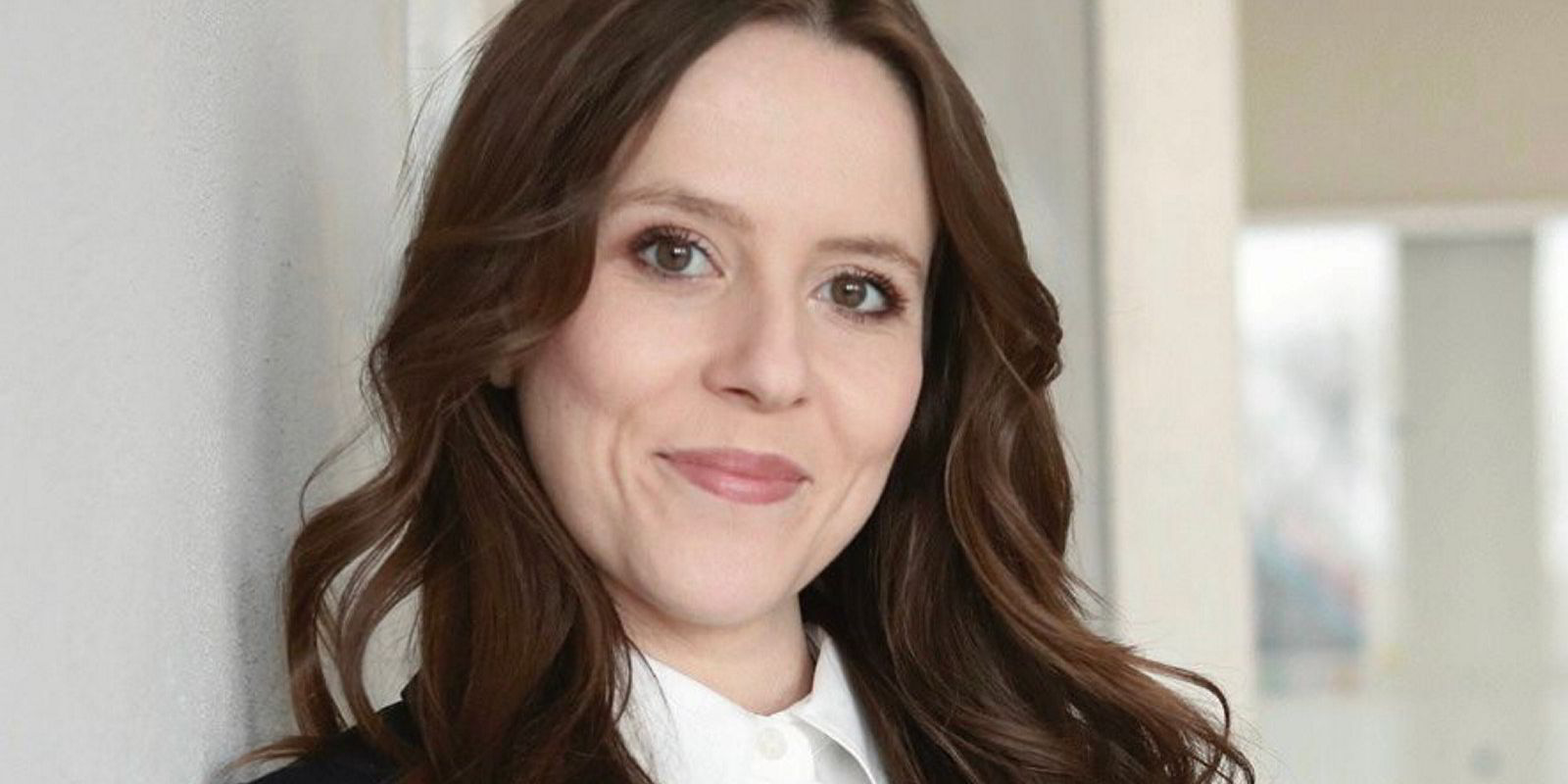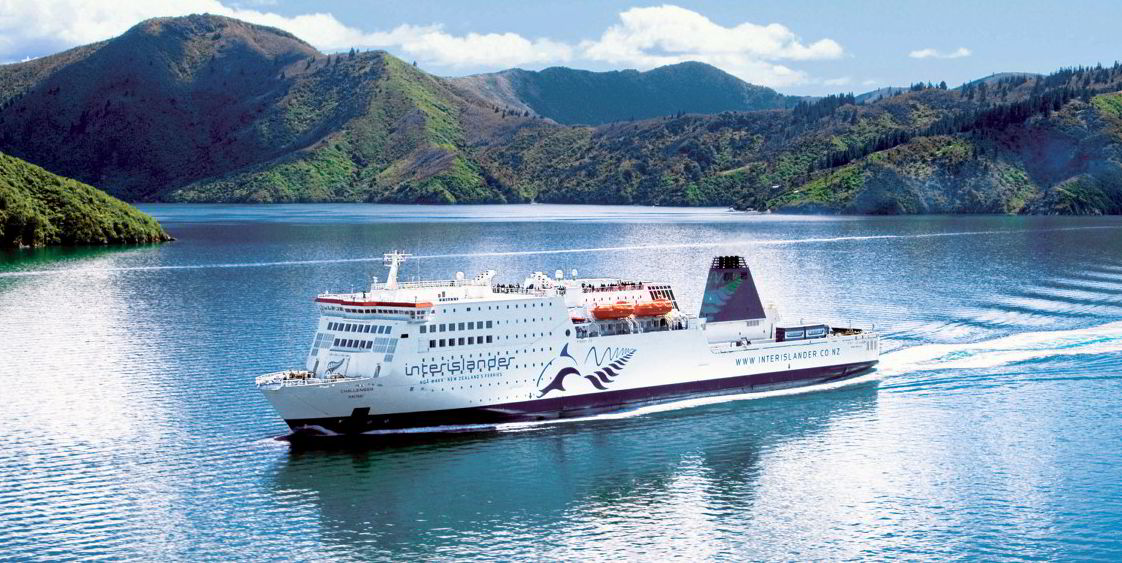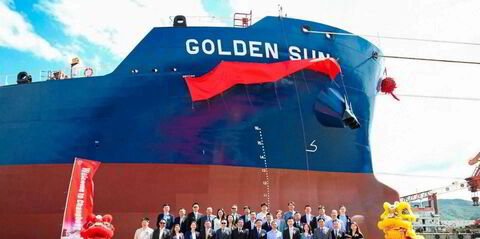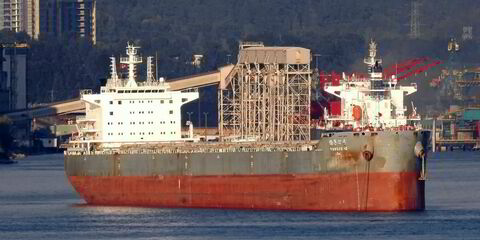Germany-based Mental Health Support Solutions believes shipping is being forced to open up about suspicious deaths and accidents on board vessels.
The company has begun working with insurers and shipowners to investigate these incidents.
Founder Charles Watkins said “fishy things” have always happened at sea.
But he now sees “more and more pressure to be transparent about it, to disclose it properly and to manage it responsibly instead of just trying to brush it under the carpet”.
He told TradeWinds: “We’ve seen more shipping companies being a bit more open about this, at least to us, because they know this is something that we need to look at and change.”
He said the industry is under pressure to implement logical, simple measures to increase seafarer safety and welfare.
One example he cited was defibrillators, which are everywhere on land but not so common at sea.
Manager and owner Columbia Group, with which MHSS works closely, is one company that has the vital kit on board, but not everyone has followed suit.
“They save lives all the time and are extremely important and helpful. Nobody here on shore would say it doesn’t make any sense to have them in a company or somewhere in public areas,” Watkins added.
“For some reason, the shipping community says it is not that important right now and expensive. All these ridiculous arguments that have no grounds in science or medical care, they don’t do it because there are other things they want to spend their money on,” he said.
“It’s stuff like that which upsets us, but we want to change this. This is our beginning of showing them areas that need change,” the psychologist told TradeWinds.
“We offer our support in areas that need improving but haven’t improved since the 60s or 70s,” he explained.
Risk mitigation
MHSS forensic psychologist Julia Oppermann argues that being involved in these cases is a chance for the company to understand them better. So risk factors can be identified and prevention strategies put in place.
“You can never make clear statements in this field. This is a golden rule; you can never say this happened we’re 100% sure unless there is clear evidence,” she told TradeWinds.
“You can talk about your observations and what is likely or what you perceive as very likely to happen,” Oppermann said.
Watkins also mentions CCTV blind spots on board.
MHSS advises the installation of extra cameras as a deterrent and for detection after that.
“It’s sometimes simple stuff that people just don’t think about because those pathways haven’t been chosen before,” he said.
Restricting the use of cranes and ladders at night would also help safety, MHSS argues.
“It’s not about big system changes. It’s about these small changes down the line that eventually will make a big difference,” the founder added.
“Because it has to be practical for companies to be able to just do it and invest money in it. And the smaller and the more practical, the easier it is for them to say, all right, we’re going to spend some money on that,” Watkins concluded.
